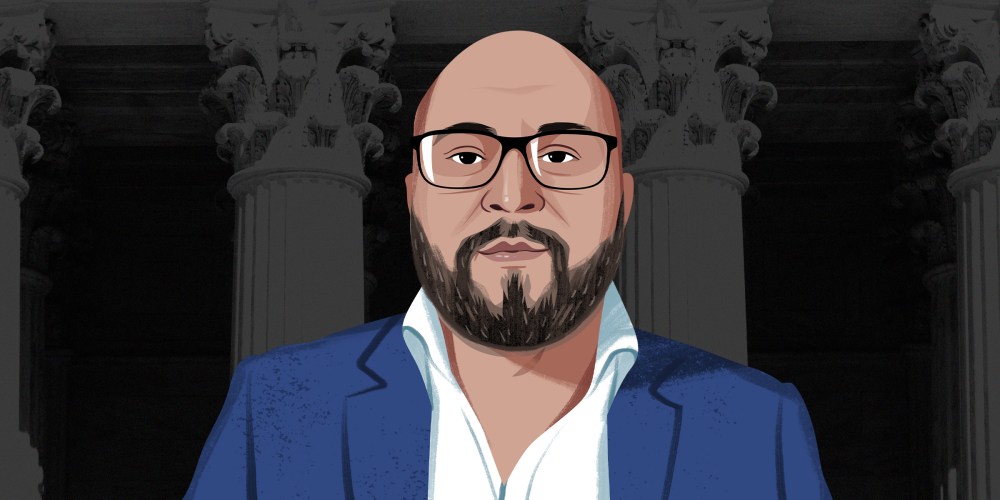“Isn’t Trump risking a perjury charge if he testifies? And is perjury a separate charge that would require another trial?”
— Matthew Gruskin, Fort Worth, Texas.
Hi Matthew,
Yes and yes.
Given the defendant’s loose relationship with the truth, the odds of him lying on the stand if he testifies seem pretty good. Defendants have the right to testify, but they don’t have the right to lie. Perjury is a separate charge that would require another trial — or, more statistically likely but perhaps less so in Trump’s case, a guilty plea.
Manhattan District Attorney Alvin Bragg is willing to bring perjury charges. He just did so against Allen Weisselberg, the former Trump Organization CFO whose name has surfaced during this criminal trial against the former president. Weisselberg pleaded guilty and was sentenced last month for perjury stemming from the civil fraud case against him, Trump and others that they lost earlier this year and is being appealed. The septuagenarian is incarcerated at the city’s notorious Rikers Island complex with a projected July release.
I should point out that, in addition to not knowing what Trump would say on the stand, perjury isn’t always as easy to prove as one might think. It requires more than just lying. To make a felony case like the one brought against Weisselberg, prosecutors need to prove beyond a reasonable doubt that the false testimony is “material to the action, proceeding or matter in which it is made.”
Under New York law, a false statement is “material” when it “reflects on the matter under consideration during the action or proceeding in which it is made, or tends to support and give credit to the witness in respect to a main fact in issue.” So Trump lying about, say, his height and weight (a topic that arose when he was booked in his Georgia case) probably wouldn’t cut it. But the defendant would have plenty of opportunities to earn himself a perjury charge if he took the stand. It’s up to him, really, both in terms of whether to testify and then how he would do so.














